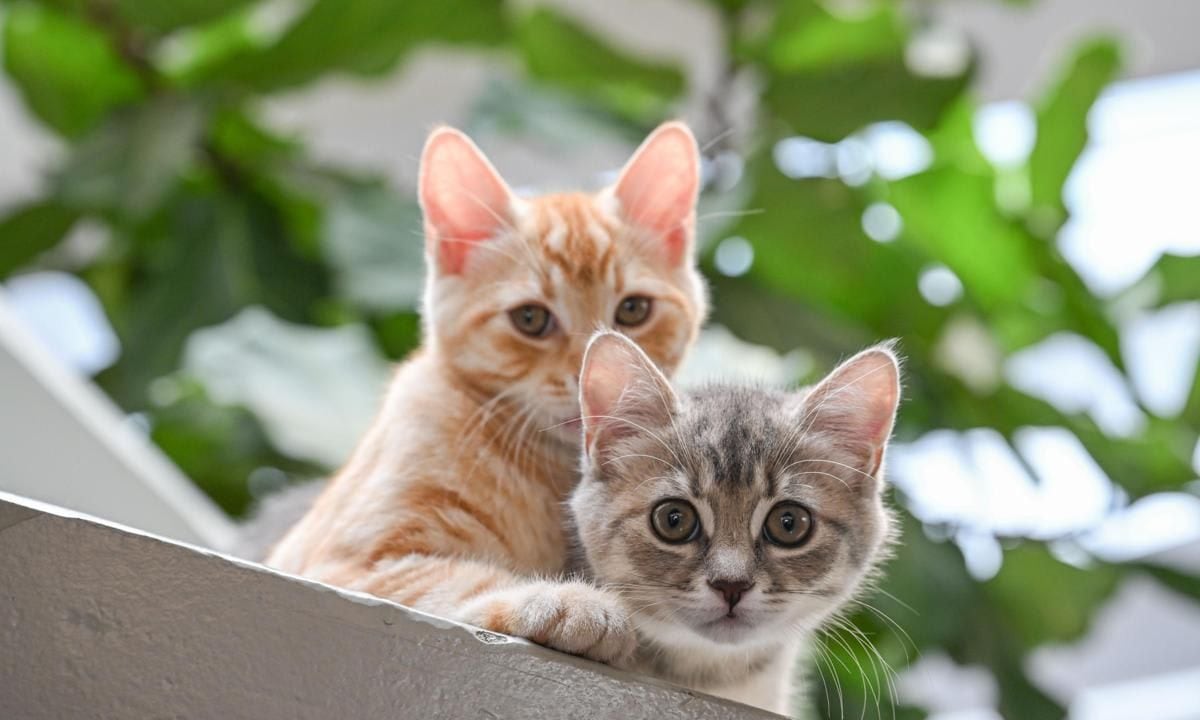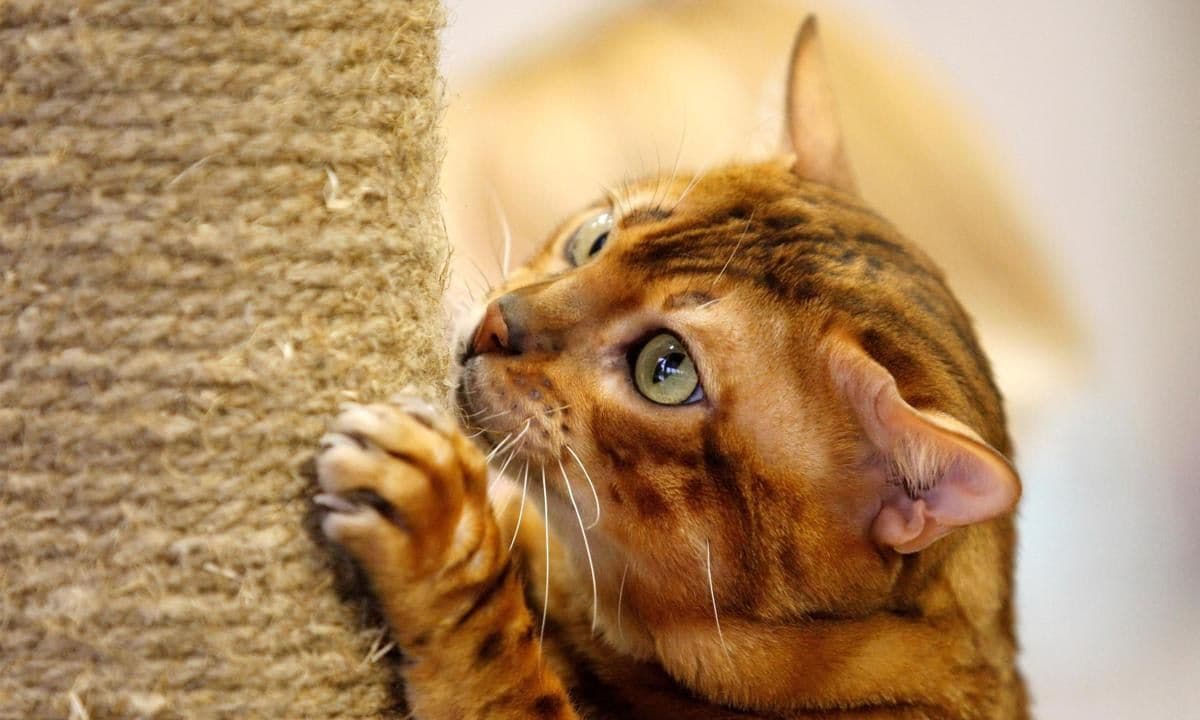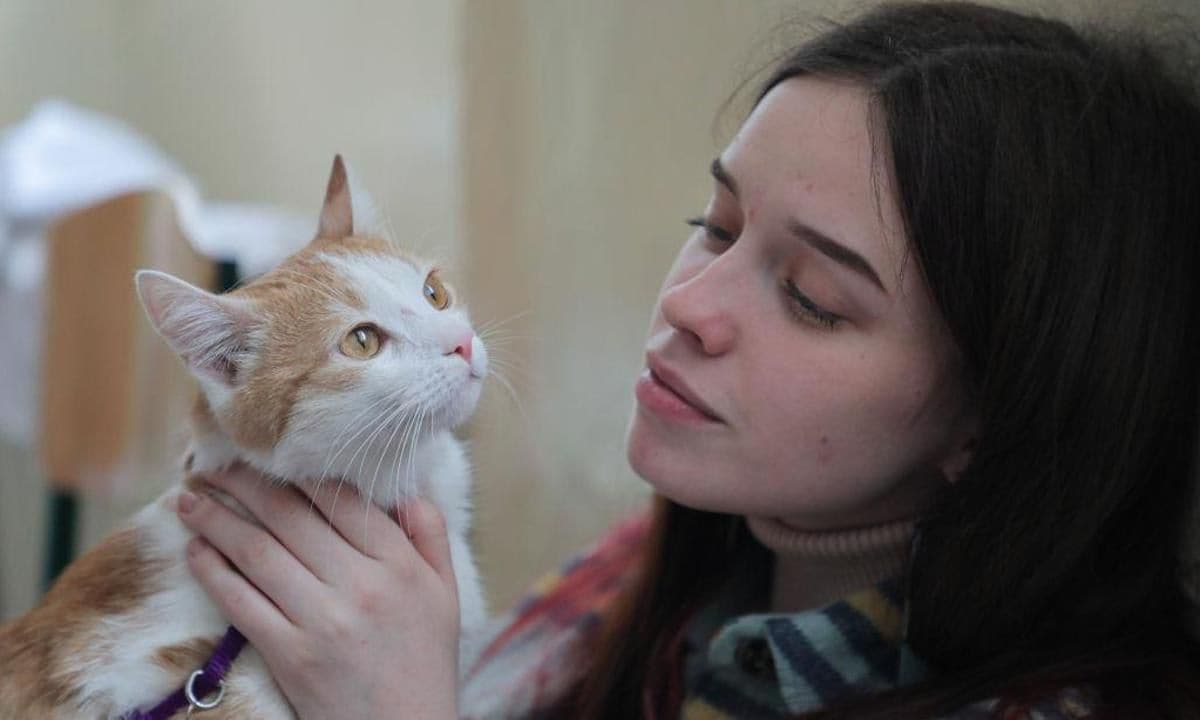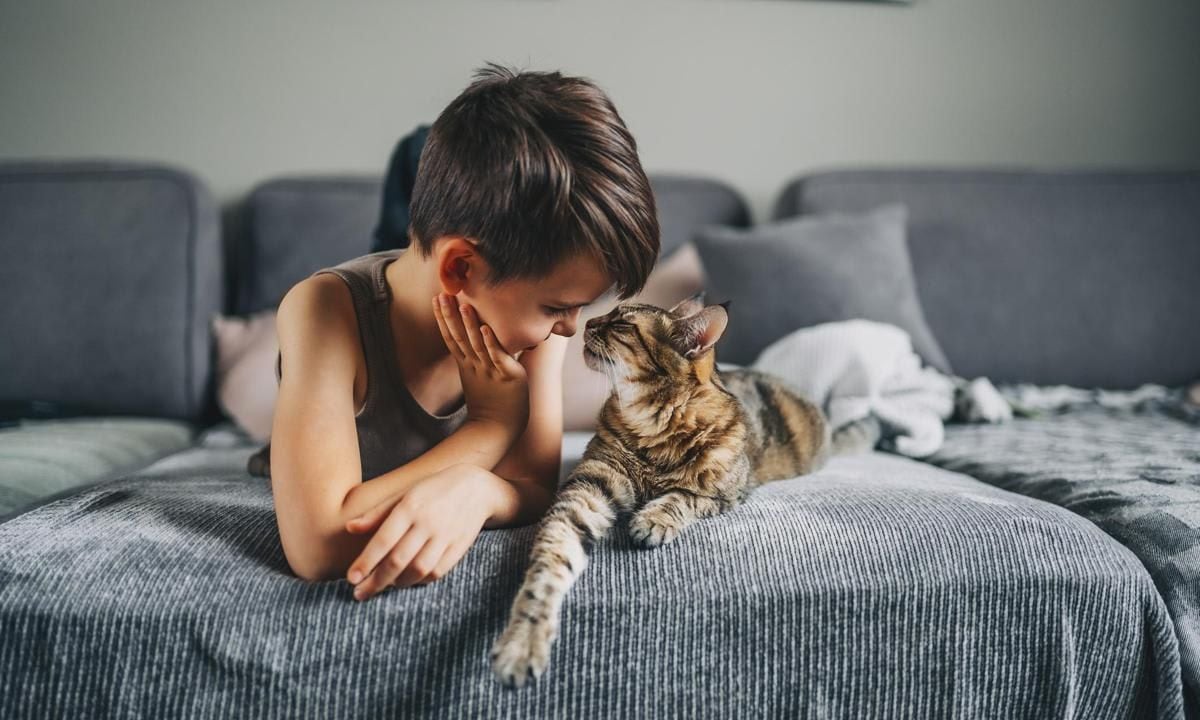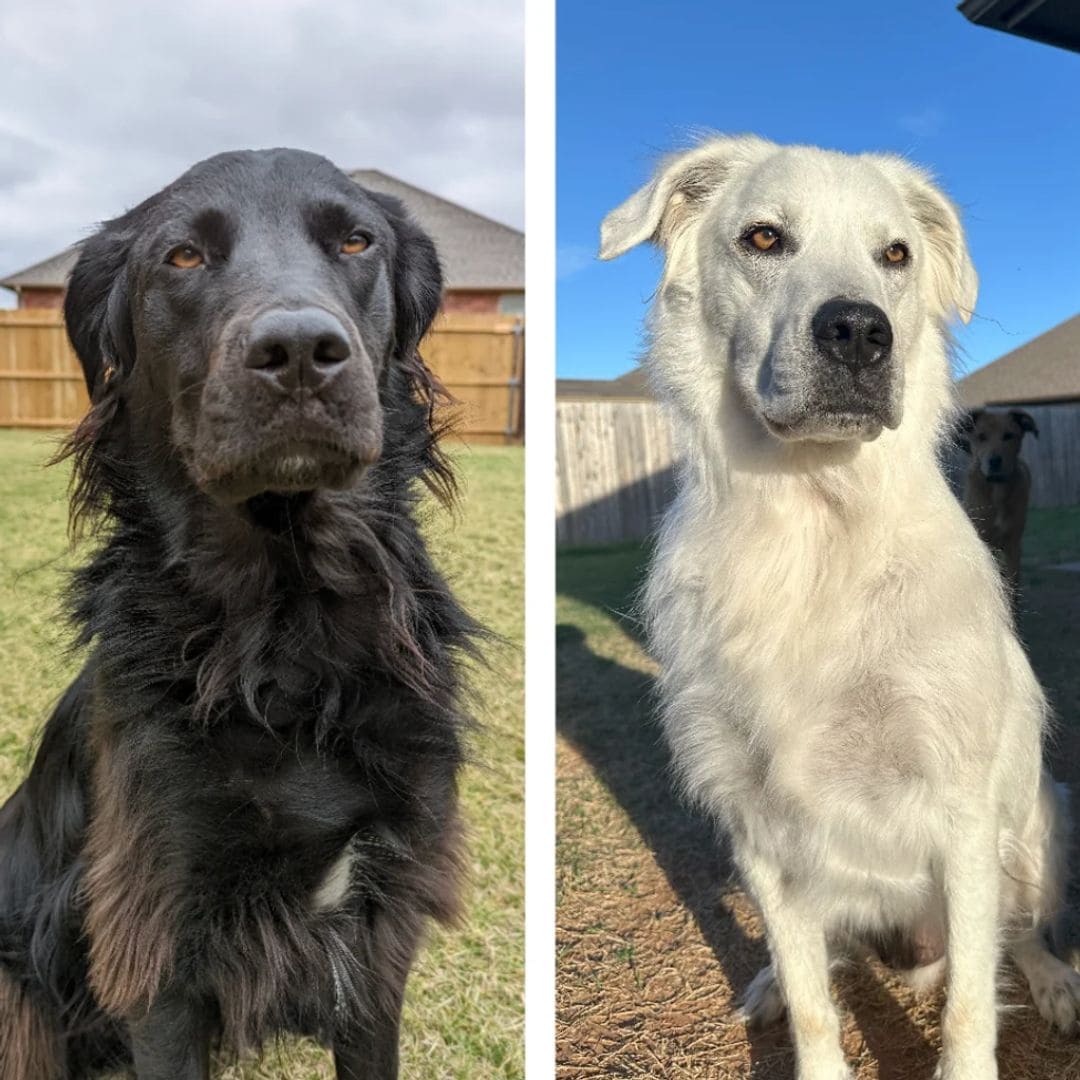If you have a cat at home, you’ve probably had to scold them on occasion. These animals often misbehave, for example, and as Nuria Gómez Constanzo, a veterinary expert from Clinicanimal, the veterinary network of Tiendanimal, tells us, “the most common situations involve knocking down valuable objects, opening drawers and closet doors, causing objects to fall, scratching sofas and curtains instead of their scratchers, tearing papers or documents, stealing food... In any case, with cats, their misdeeds are usually quieter and more planned than those of other domestic species.”
But sometimes we can catch them red-handed. And, as usual, our reaction will be to admonish them for their behavior or even scold them. How do they react? Many run away, others stare at us as if wondering why we are raising our voices, and sometimes they react in a way that seems like they are apologizing. Do they?
Is it true that cats have the ability to apologize for their actions?
As domestic animals, “cats have the ability to empathize with our emotions. In this regard, when faced with a change in our attitude, if they are punished or scolded, they will know they have done something wrong, and, of course, they will seek a way to make amends for their mischief,” says Nuria Gómez. And how do they do it? In other words, what are the typical signals that indicate a cat is trying to apologize for inappropriate behavior?
“Usually, cats tend to seek physical contact to apologize, meaning they intend to rectify the situation through physical interaction, such as rubbing against their owner’s legs, purring, and making subtle and delicate movements on top of their human. Another way they ask for forgiveness is by avoiding direct eye contact, a sign of remorse.”
All cats apologize
You may wonder if there are cat breeds more prone than others to apologize. It may even cross your mind whether mixed-breed cats are less likely to empathize with humans in this way. The veterinarian and behavior specialist clarifies: “Cats tend to apologize similarly regardless of their breed; they show a submissive attitude through their body language and then seek physical contact in order to imprint us with their pheromones to reestablish the bond with that group scent,” says the Clinicanimal veterinarian.
These behaviors may be more or less evident depending on the individual animal, as there will always be individual differences, but as a general rule, it is a common behavior in cats.
Gestures of a cat asking for forgiveness
“They usually lower their heads and flatten their ears. This is usually the first sign of submission in which they acknowledge they have done something wrong, in addition to avoiding eye contact.”
In fact, the specialist emphasizes that in some aspects, their way of asking for forgiveness is similar to that of dogs, for example, in the body language of lowering their head or flattening their ears.
In others, they differ; “cats often bring objects to their humans as a sign of affection; the usual, albeit not very pleasant, is the hunting of a rodent or bird if they have outdoor access. If they are indoors, it will be some object or toy,” says the expert.
Of course, seeking physical interaction through these delicate and subtle movements like licking, purring, or rubbing is a way of asking for forgiveness, of expressing remorse, and it is an opportunity to release pheromones to reinforce the group scent, that of companions.
How should we react if our cat asks for forgiveness?
Cats have a reputation for being solitary and independent, which is true, but they are also highly sensitive and affectionate. “The key is not to scold them abruptly because it can frighten them to the point where they will want to escape. One should demonstrate a positive attitude as soon as they give us some of the usual signals of forgiveness mentioned, and they can even be rewarded with a treat; this way, they will know we accept their apologies but also that what they did was wrong,” concludes Nuria Gómez from Clinicanimal.
,type=downsize)

